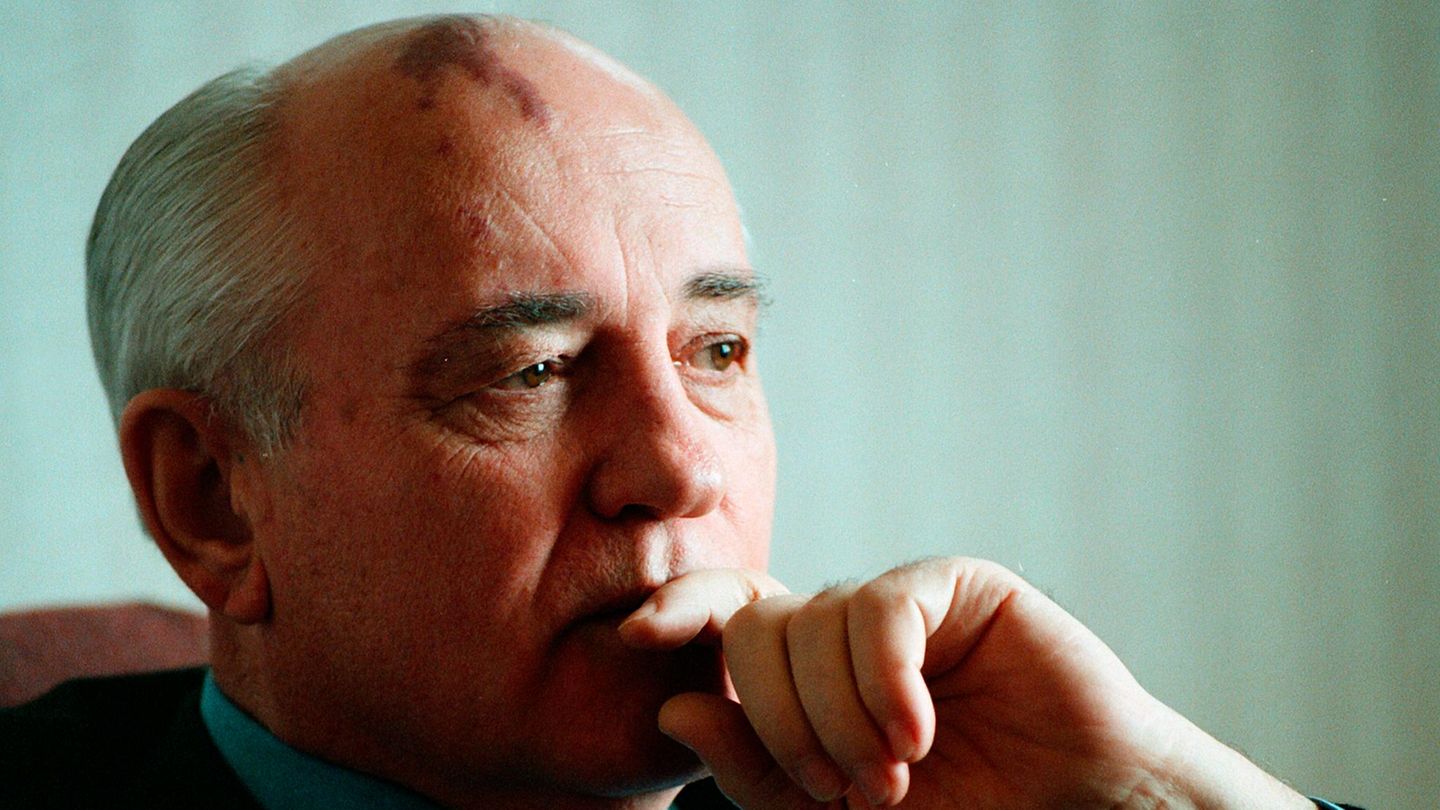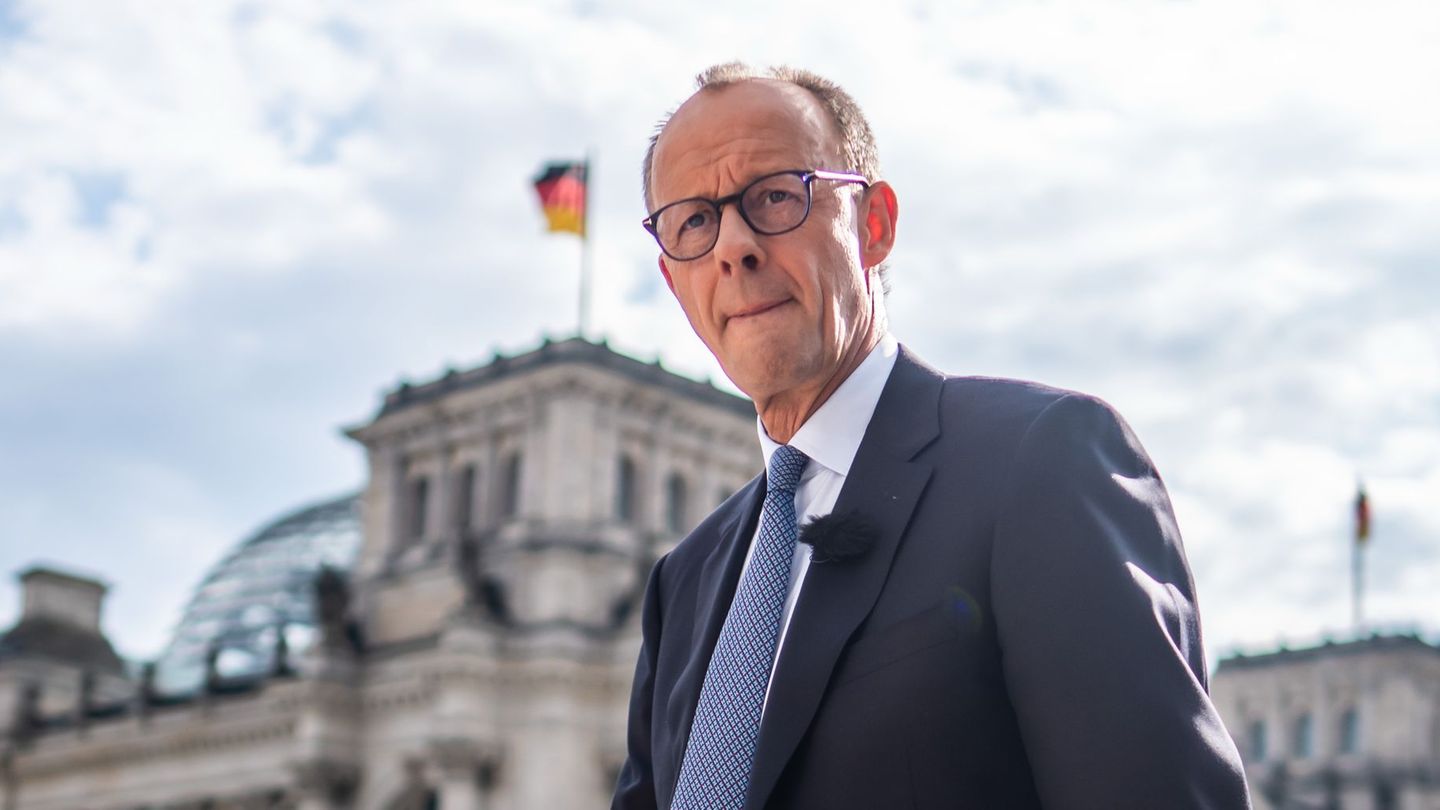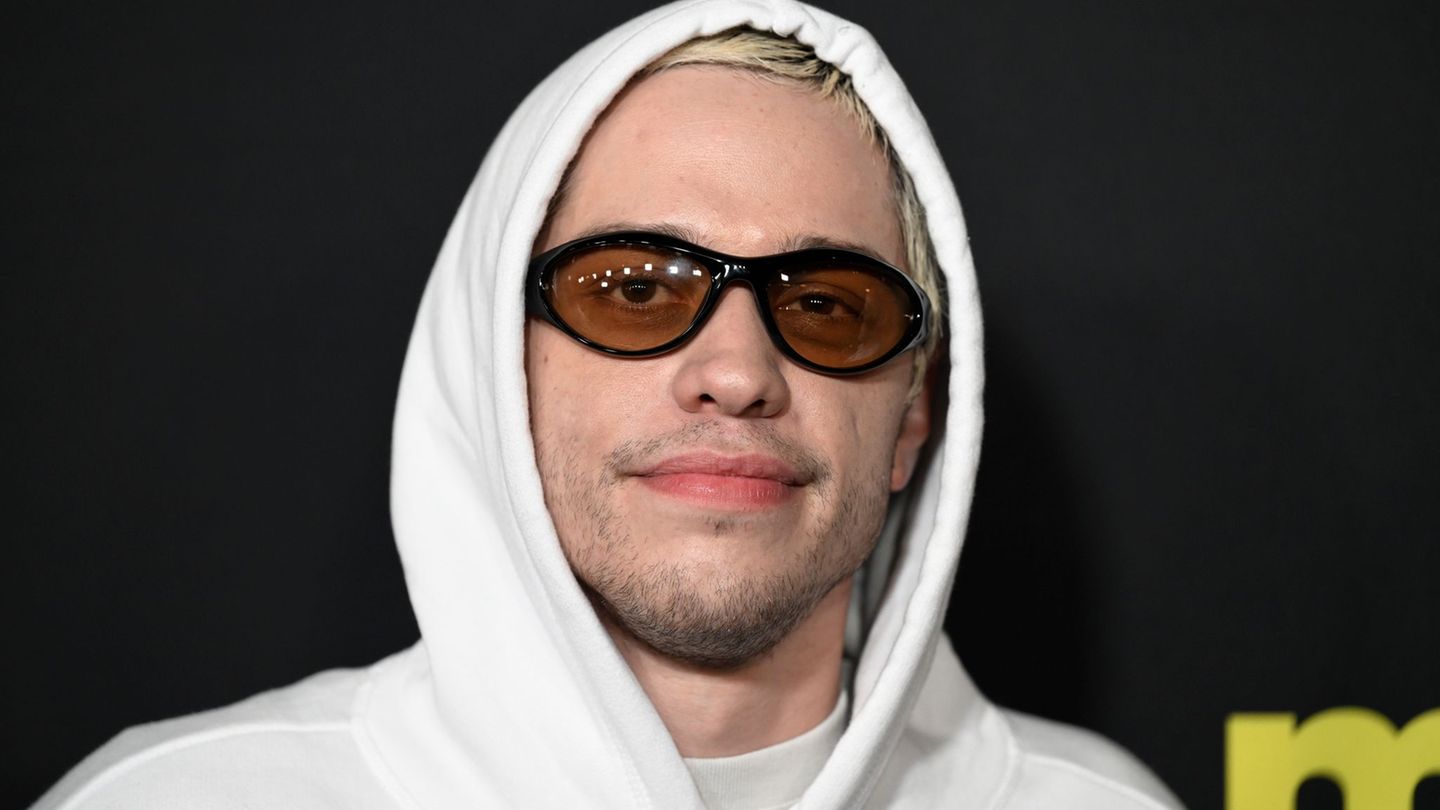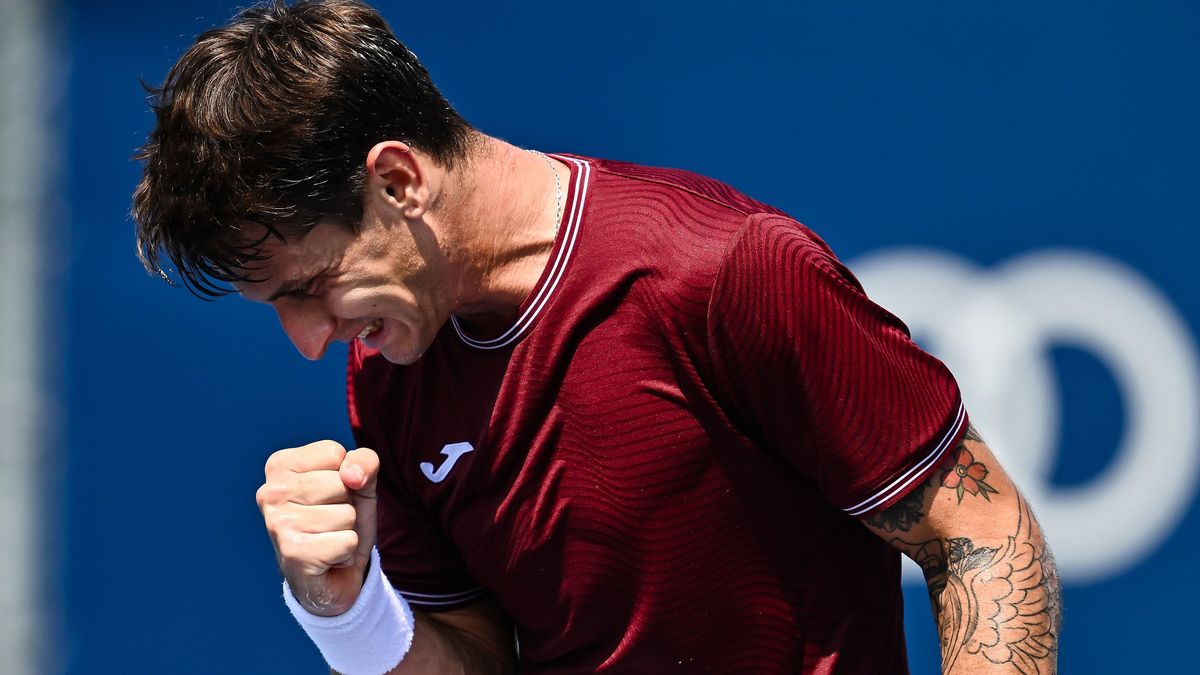He was considered one of the fathers of German unity and a pioneer for the end of the Cold War: The Russian Nobel Peace Prize winner and former Soviet head of state Mikhail Gorbachev died in Moscow on Tuesday evening at the age of 91 after a long and serious illness. This was announced by the Central Clinical Hospital (ZKB) in the Russian capital. Politicians around the world mourn Gorbachev and remember his legacy.
Gorbachev, who had to be hospitalized repeatedly in recent years, was valued worldwide: under his leadership, the Soviet Union signed groundbreaking treaties on nuclear disarmament and arms control with the USA in the 1980s. In his home country, Gorbachev, as General Secretary of the Communist Party, initiated an unprecedented reform process with his policy of glasnost (openness) and perestroika (restructuring). This brought unprecedented freedom to people in the totalitarian system. In 1990 Gorbachev received the Nobel Peace Prize for his courageous reforms. The political process ultimately led to the collapse of the communist empire.
The head of the Kremlin at the time wanted to modernize communism with his reforms – in the end he himself initiated the collapse of the superpower Soviet Union, the end of the communist power empire. Many of his fellow citizens resented him. In their eyes, Gorbachev was a politician with weak leadership and no instinct for power, the “gravedigger of the Soviet Union”. It was said that he had plunged the country into chaos, hunger and poverty with political mistakes.
Gorbachev put a human face on communist politics
Domestically, the author of many books and articles pushed for reforms. “We need democracy. Without it there will be no modernization,” Gorbachev often said in his distinctive southern Russian dialect. The foundation he founded in Moscow, which houses a museum about the time of reunification in the Eastern bloc, is committed to such a Russia. The anti-Kremlin newspaper “Novaya Gazeta”, which he co-edited, also fought for freedom of speech in an increasingly repressive climate in Russia – with the attack on Ukraine it ceased publication in Russia.
The newspaper’s commentators saw Gorbachev, who was born on March 2, 1931 in Privolnoye (Stavropol region) in the North Caucasus, as a prophet who counted for nothing in his own country, who was misunderstood and alone. The fact that he “destroyed the Soviet citizen within himself,” dismantled a totalitarian system, and at the same time began to build a democracy is an invaluable historical achievement, the political scientist Lilija Shevtsova once wrote.
By the time Gorbachev was elected general secretary of the Communist Party of the Soviet Union (CPSU) on March 11, 1985, Kremlin rulers had clung to power, mostly to the death. He and his wife Raissa gave the politics of the communist apparatchiks a human face for the first time ever. As the leader of the largest country in the world, he unleashed without bloodshed the Eastern Bloc countries of Poland, Hungary, Czechoslovakia and others that were forced into an alliance with the USSR.
When the Soviet Union collapsed with its 15 member states and many peoples gained their independence, that was the end of it after an attempted coup in Moscow in 1991 and Boris Yeltsin (1931-2007) coming to power. “Gorbachev was unlucky with us. But we were lucky with him. That’s the truth that we have yet to learn,” Shevtsova said.
Source: Stern
David William is a talented author who has made a name for himself in the world of writing. He is a professional author who writes on a wide range of topics, from general interest to opinion news. David is currently working as a writer at 24 hours worlds where he brings his unique perspective and in-depth research to his articles, making them both informative and engaging.




